College of Human Sciences
Consciousness researcher celebrated with an NRF rating
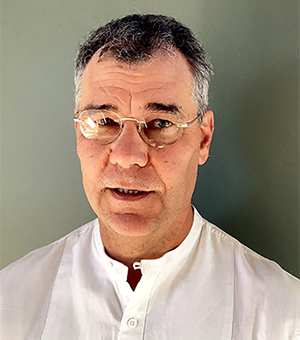
Prof Pieter Craffert
"The rating system is an opportunity for self-reflection about one’s work and for peer-evaluation. However, one should always keep in mind that such ratings are arbitrary and situated. They reflect an evaluation located in time and place. Therefore, one should be humble about it. And the goal should not be the rating, but the quality work and research."
These are the words of Prof Pieter Craffert, from Unisa’s Department of Biblical and Ancient Studies, after being acknowledged for his National Research Foundation (NRF) B3 rating at the recent Unisa 2022 Research and Innovation Awards.
Humbled by the feedback received from colleagues, locally and abroad, Craffert also welcomes the NRF rating as recognition of his hard work. "I realised that in the lonely world of academia, we should do more to encourage each other and express appreciation for quality research," he added.
Neuroscience of consciousness and understanding altered states of consciousness
For the last decade, Craffert has been working on two aspects of consciousness research, namely the neuroscience of consciousness and understanding altered states of consciousness.
"Views on consciousness," explains Craffert, "are fundamental to how we bring up our children, run our schools, organise our societies and structure social policies, and how we treat those who commit crimes, are deemed mentally ill, are terminally ill or arrive in the world unplanned, as well as how we think about life and death, and how we treat animals and our fellow human beings. Consciousness is what makes us human and the way in which we understand and explain consciousness is fundamental to how we see ourselves as human beings."
Craffert says that over the last few decades, progress in neuroscientific research on consciousness has impacted significantly, both positively and negatively, on views on consciousness. "More than ever," he says, "we need a critical evaluation and engagement with emerging neuro-centred views on consciousness, which have flooded public life and common-sense views of ourselves. We are in danger of reducing our humanity to neural impulses and that calls for a critical discussion."
Alternate states of consciousness, such as near-death or out-of-body experiences, and religiously interpreted states of consciousness, such as ecstatic spirit or possession experiences, are widely experienced in our societies, according to Craffert. "They contribute to religious movements, personal transformations and inform many people about how the world works," he says. "Such experiences are central to being human, since they are expressions of human consciousness."
The second aspect of Prof Craffert’s research focuses on searching for adequate theoretical models to explain and understand such experiences.
The NRF is an independent statutory body, which governs a system that evaluates and rates the work of researchers, and it was established through the National Research Foundation Act (Act 23 of 1998). Annually, researchers from universities and research councils – including international researchers – apply for evaluation by the NRF. Evaluated researchers are graded and placed into categories that depict their standing within the scientific community.
* By Tebogo Mahlaela, Communication and Marketing Specialist, College of Human Sciences
Publish date: 2022-07-04 00:00:00.0


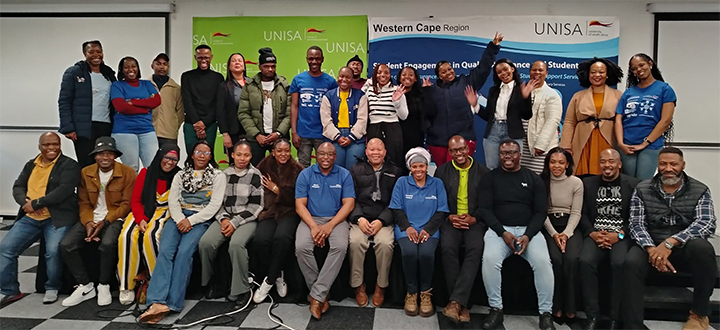 CAS students take centre stage in shaping academic quality and support
CAS students take centre stage in shaping academic quality and support
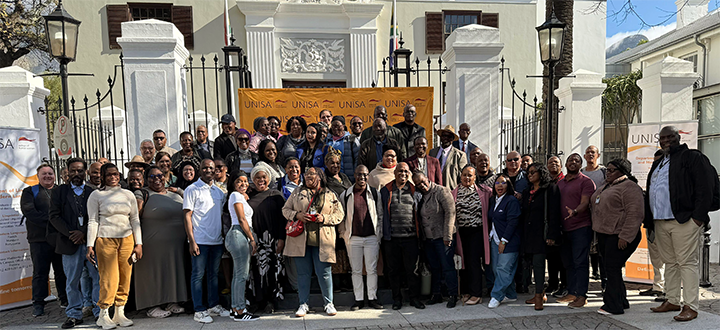 Unisa engaged scholarship project heads to parliament
Unisa engaged scholarship project heads to parliament
 Unisa and ATUPA recognise researchers for ingenuity and innovation
Unisa and ATUPA recognise researchers for ingenuity and innovation
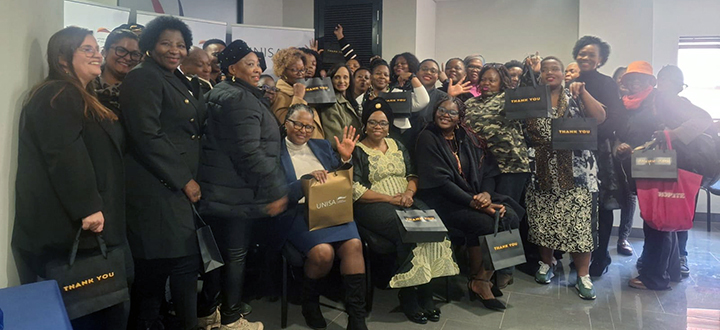 Recognising the unceasing resilience of women
Recognising the unceasing resilience of women
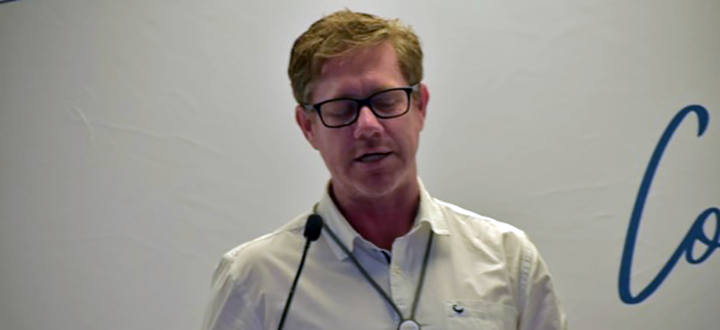 Unisa and SHECASA promote institutional health and safety
Unisa and SHECASA promote institutional health and safety